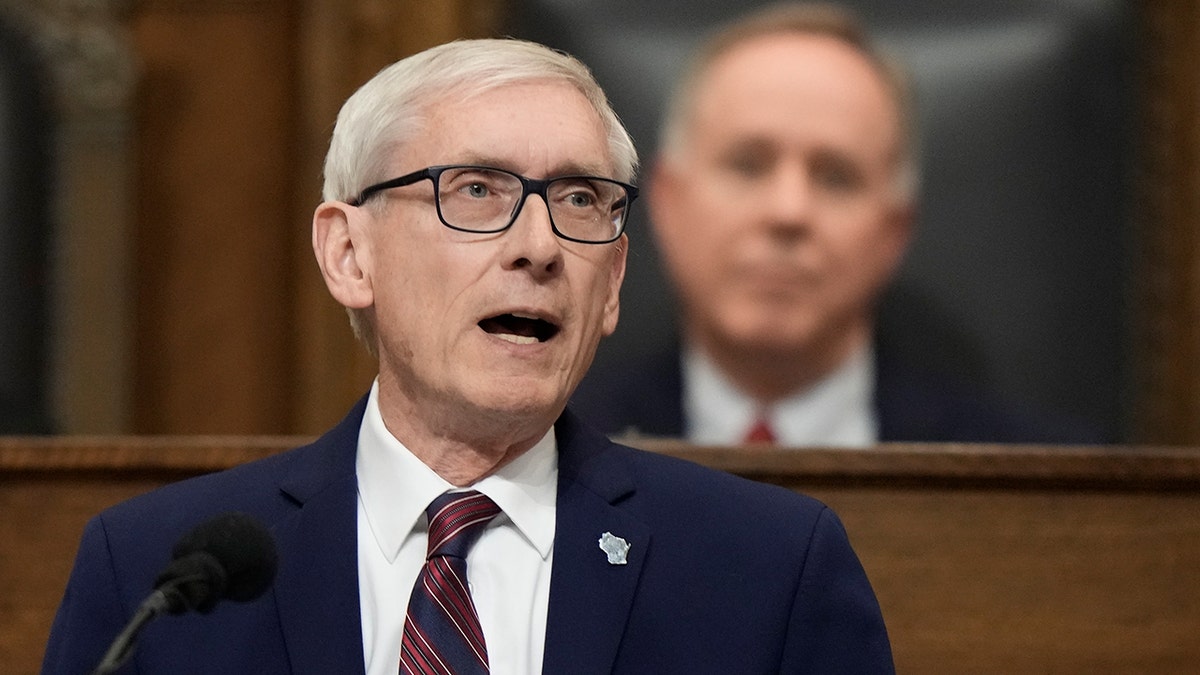Wisconsin's two-year budget plan is awaiting final approval from Governor Tony Evers after clearing the Republican-controlled Assembly. The plan proposes income tax reductions, increased K-12 school funding, and a controversial cut to the University of Wisconsin's budget, specifically targeting diversity, equity, and inclusion (DEI) programs.
While the budget increases funding across most state government sectors, including a $1 billion boost for both public K-12 schools and local governments, the proposed $32 million cut to UW's DEI initiatives has drawn criticism. Republicans have stated that the university can regain these funds if they can demonstrate their use for workforce development rather than DEI. However, the budget also excludes funding for a new engineering facility at UW-Madison, a project championed by the university and business leaders as vital for workforce development.
The proposed $3.5 billion income tax cut, which would condense Wisconsin's tax brackets from four to three, has also sparked debate. Democrats argue that the cut disproportionately benefits high-income earners, while Governor Evers had previously advocated for a tax cut focused on lower- and middle-income families. Democrats also express concerns about the use of the state's projected $7 billion budget surplus, criticizing Republican cuts to a child care program and a state office of school safety.

Governor Evers has not yet indicated his course of action, which includes the possibility of using his partial veto power to modify the budget or even vetoing the entire plan, though the latter is less likely. Republicans designed the budget to limit the impact of potential line-item vetoes. The budget covers the fiscal years from July 1, 2023, to June 30, 2025, and current spending levels will remain in effect until the governor signs the new budget.
Comments(0)
Top Comments